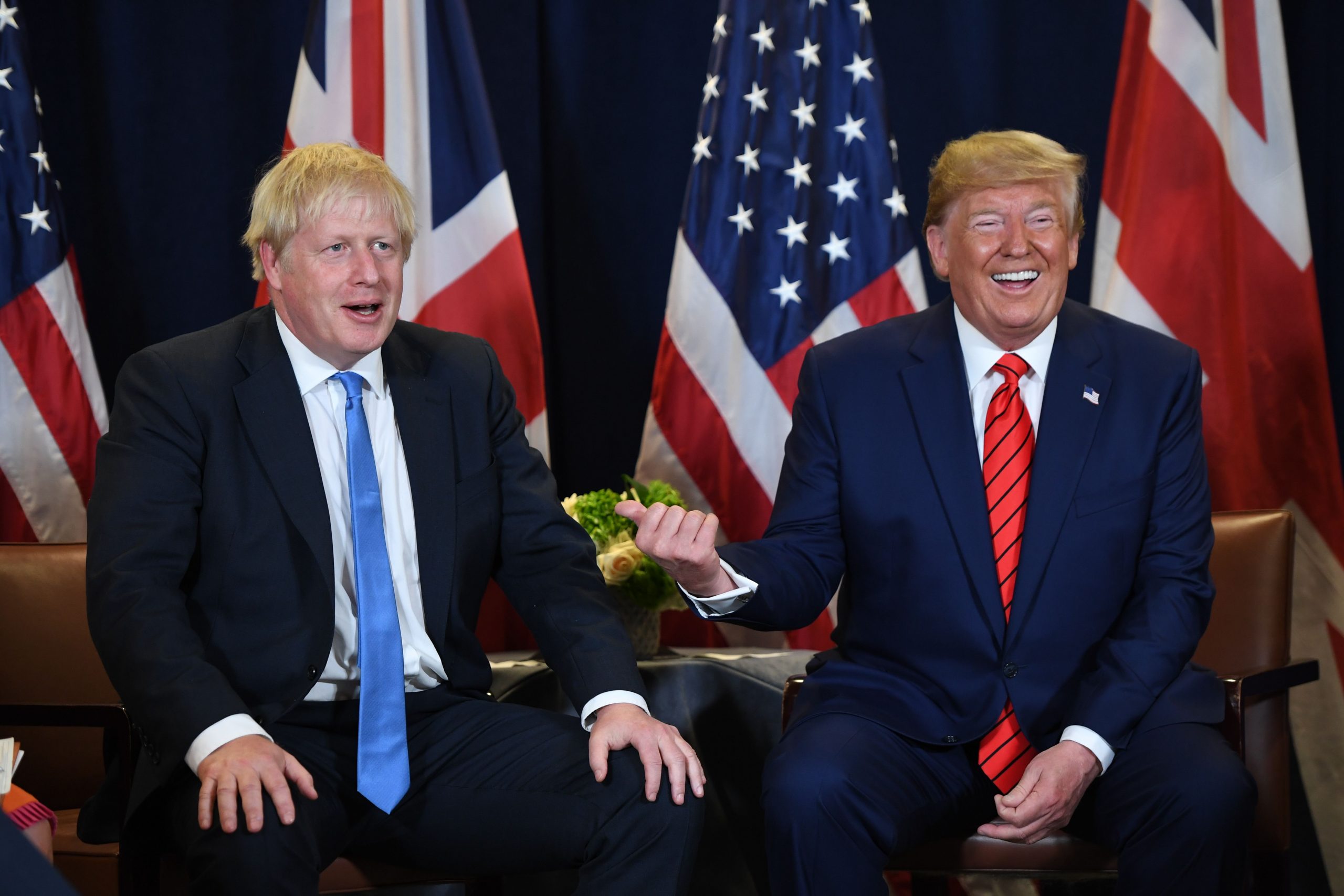
Compare and contrast these two pieces of writing. The first is the opening line of the US’s negotiating mandate for the US-UK trade negotiations. It was published just over a year ago:
“On October 16, 2018, the Trump Administration notified Congress that the President intends to negotiate a trade agreement with the United Kingdom (UK) once it leaves the European Union (EU), in accordance with section 105(a)(l)(A) of the Bipartisan Congressional Trade Priorities and Accountability Act of 2015 (the Trade Priorities and Accountability Act).”
Now here are the opening lines of the UK’s negotiating mandate for the US-UK trade negotiations. It was published today:
“An FTA with the US represents significant opportunities throughout the economy, from agriculture to professional services. Potential benefits include better jobs, higher wages, more choice and lower prices for all parts of the UK.”
Notice the difference? The former is written in dry legalese. The latter is written like a press release. This pattern continues throughout. Admittedly, within the document, there is no shortage of wonkish substance. But, the more you read, the more it becomes apparent that the UK’s negotiating mandate for trade talks with the US is concerned, to a worrying degree, with image.
Take, for example, the first subheading, which is entitled “An FTA to level up Britain” (an opportunity to key in the government’s new favourite slogan). Underneath, there is a list of the regions that will supposedly benefit from a US-UK trade deal. Northern Ireland, Scotland, the Midlands and the North of England are listed first — indicative of their political salience rather than their potential for deep economic ties with the US — whilst London and the South East comes last, because the UK’s cash cow is no longer flavour of the month. We are led to believe that a US trade deal will not only benefit the UK economy, it will rebalance it as well. That’s some deal.
So why the sales pitch? Well, because the central argument that a comprehensive US-UK deal will offset the trade lost with Europe just doesn’t add up. The mandate estimates that a good US-UK deal will lead to a 0.16 per cent boost in GDP. Compare that with the government’s estimate of a 4.9 – 6.7 per cent hit to the economy in the event of a Canada-style free trade agreement with the EU (7.7 – 9.3 per cent in the case of no deal).
According to the government’s mandate, a good deal with the US will contribute an additional £15.3bn in trade. According to Bloomberg Economics, the UK economy has already lost £130bn in growth from Brexit.
With numbers this stark, it is no coincidence that the UK-US negotiating mandate was published on the same day that the EU-UK trade negotiations began (the date for publication was announced only six days ago). The Twitter account @Number10press, which has become a sort of faceless spokesperson for the UK’s negotiating team with the EU, did not even comment on the fact that 100 members of “Taskforce Europe” had descended on Brussels today. However, it did retweet the Department for International Trade’s digest video on the UK-US negotiating mandate. It was almost as if the government wanted the public, on today of all days, to look towards Washington, DC, even as all the action was kicking off in Brussels.
[See also: Brexit isn’t done: a guide to the EU-UK trade negotiations]






